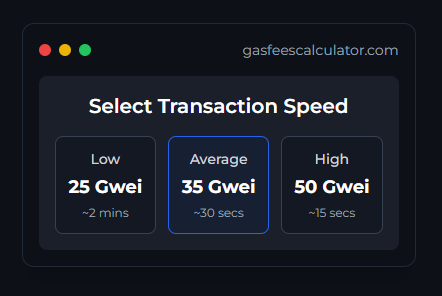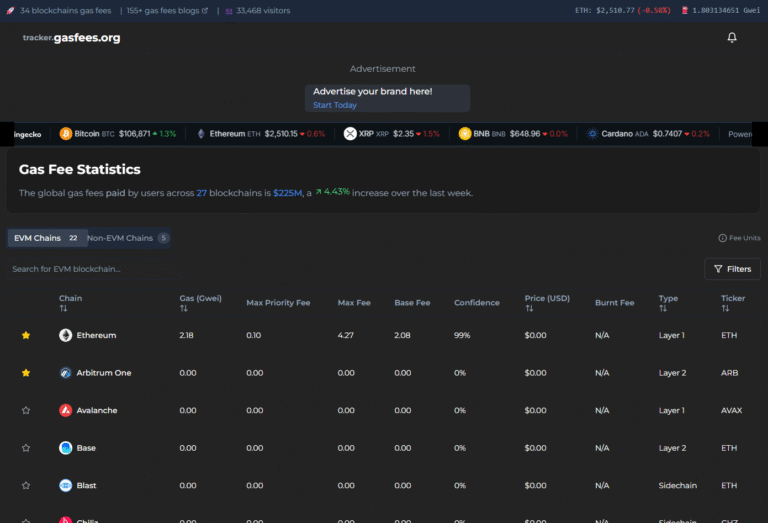What Are ThunderCore Gas Fees?
What Are ThunderCore Gas Fees? Written By: Mr. GasMan Key Takeaways from the ThunderCore Gas Fees Blog: 1. ThunderCore Gas Explained: Think of gas fees as the “toll” for blockchain actions, paid in the native token TT. Two crucial variables: Gas Price (your speed tip) and Gas Used (complexity of action). Gas prices dynamically adjust based on […]
What Are Acala Network Gas Fees?
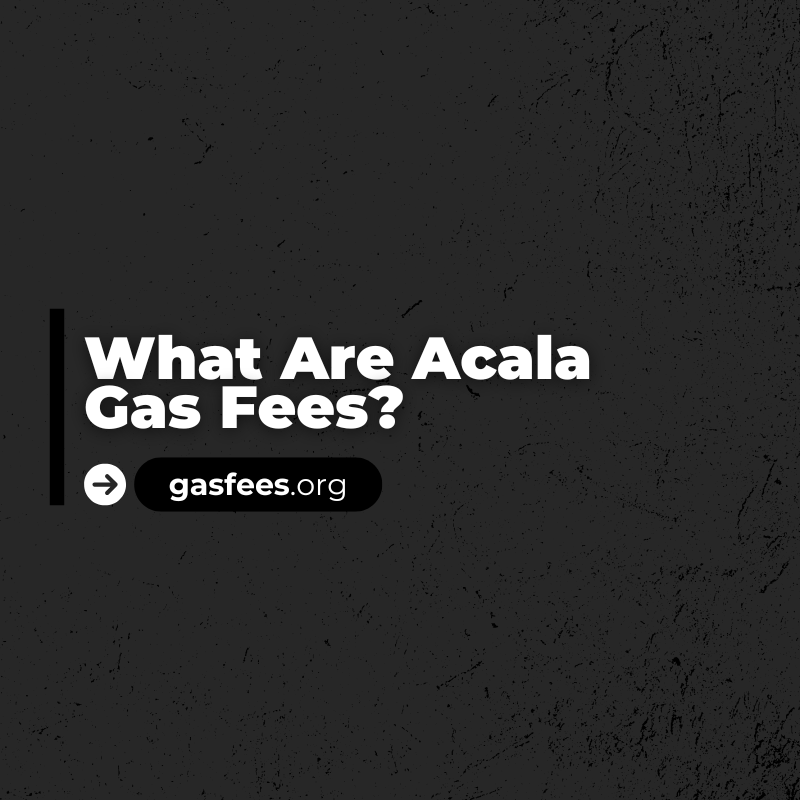
In the Acala Network, a leading DeFi platform built on the Polkadot ecosystem, gas fees are the costs associated with executing transactions or smart contracts on the blockchain. Unlike traditional blockchains where gas fees are paid in the native token (e.g., ETH for Ethereum), Acala’s gas fee structure is designed to be flexible and user-friendly, aligning with its mission to provide accessible decentralized finance (DeFi) solutions.
Acala allows users to pay gas fees in multiple tokens, including its native ACA token, the Acala Dollar (aUSD) stablecoin, or other supported assets within the network. This multi-token fee system reduces reliance on a single token, enhancing user convenience and mitigating volatility risks. Gas fees are determined by the computational resources required for a transaction, such as processing power and storage, and are kept low due to Acala’s efficient parachain architecture on Polkadot.
For example, a user transferring aUSD to another wallet or interacting with a DeFi protocol like Acala’s liquid staking might incur a small gas fee, dynamically calculated based on network demand and transaction complexity. Acala’s design also includes mechanisms to stabilize fees, ensuring predictability for users and developers. By leveraging Polkadot’s shared security and scalability, Acala minimizes costs compared to congested networks, making DeFi more inclusive.
To optimize gas fees, users can monitor network activity and choose times of lower congestion or use Acala’s fee estimation tools integrated into compatible wallets. Understanding and managing these fees is key to maximizing the benefits of Acala’s DeFi ecosystem.
What Are Moonbeam Gas Fees?
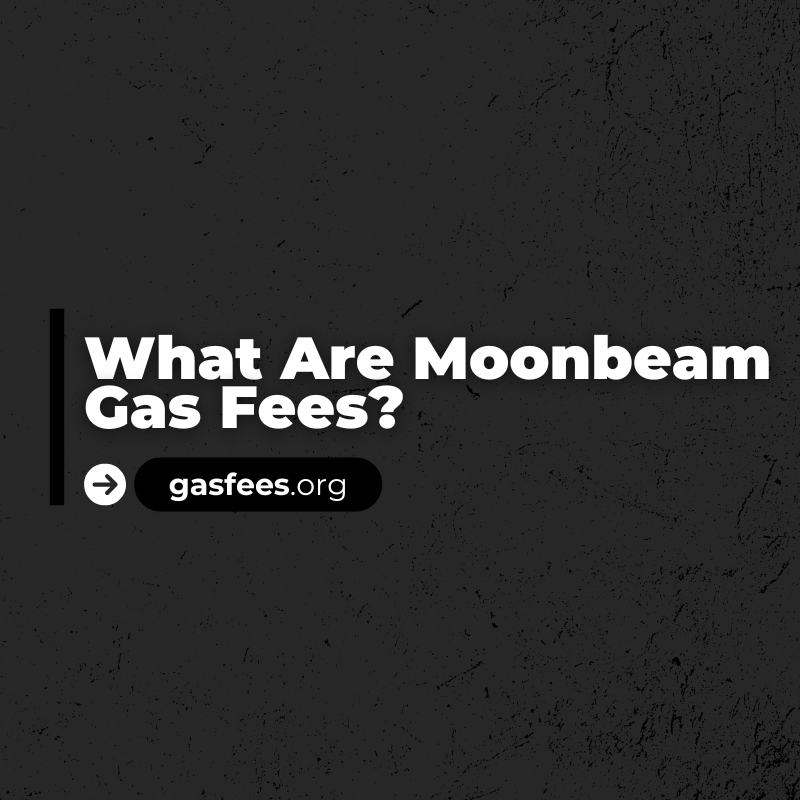
Moonbeam gas fees are the transaction costs required for executing operations on the Moonbeam network, a smart contract platform built on Polkadot. These fees, paid in GLMR tokens, facilitate seamless transactions and maintain network security. Moonbeam’s focus on Ethereum compatibility ensures low and predictable gas fees, making it ideal for deploying decentralized applications (dApps). Understanding Moonbeam gas fees helps users optimize costs while leveraging its multi-chain capabilities.
What Are Kava Gas Fees?
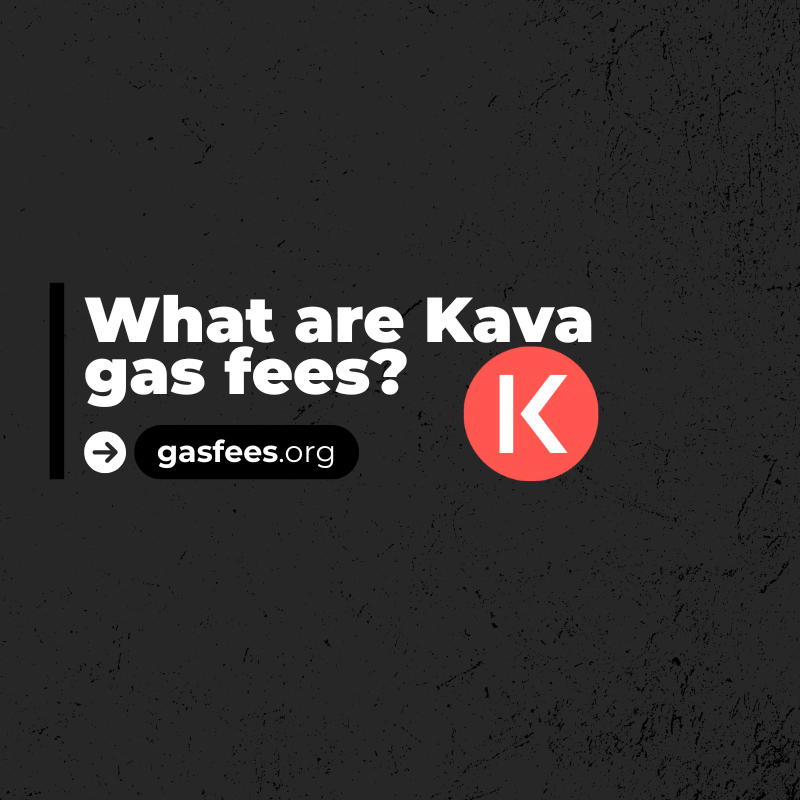
Kava Gas Fees are the transaction costs required to perform operations on the Kava blockchain, a decentralized finance (DeFi) platform built for cross-chain services.
Gas fees are paid in KAVA tokens and are used to compensate validators for processing transactions and securing the network.
The fees vary based on network demand, transaction complexity, and the specific operation being performed. Kava’s scalable infrastructure helps to keep these gas fees relatively low, making it an attractive option for users looking to engage in DeFi activities, such as lending, borrowing, and staking across multiple blockchain ecosystems.
What Are Aptos Gas Fees?
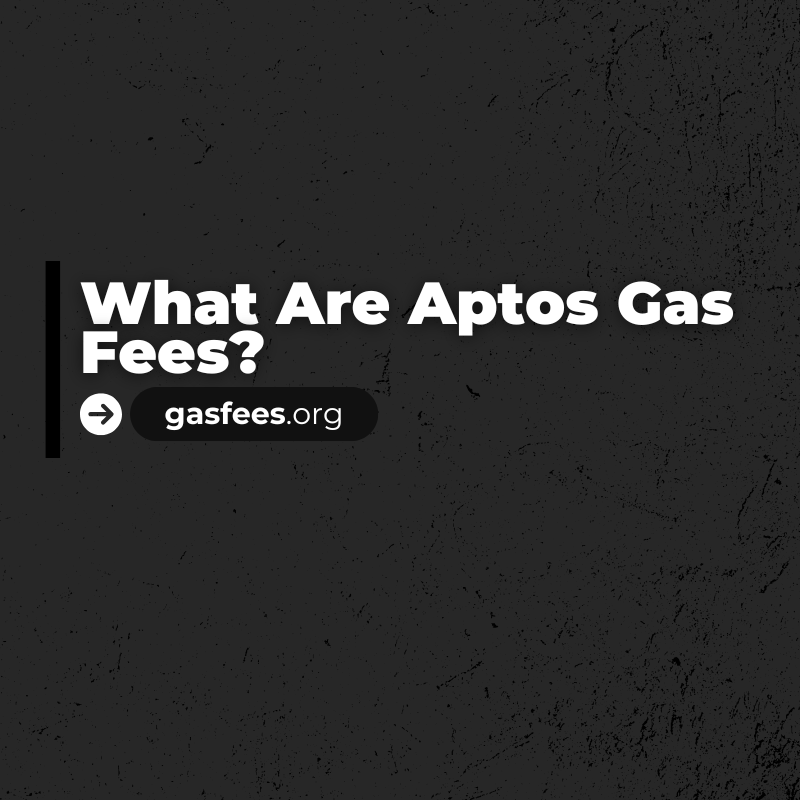
Aptos gas fees are the costs associated with transactions on the Aptos blockchain, designed for high-speed and scalable decentralized applications. This guide explains how Aptos gas fees are calculated, what factors influence them, and how they compare to other blockchains. Learn how to manage your costs effectively while using the Aptos network.
What Are Tezos Gas Fees?
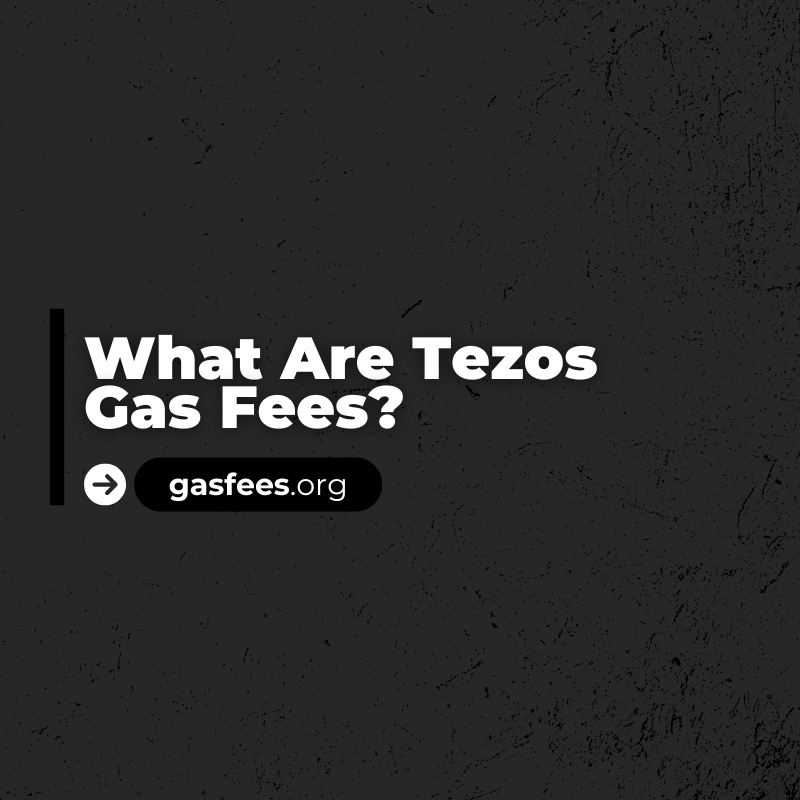
Tezos gas fees are the transaction costs required to execute operations on the Tezos blockchain, a platform known for its energy-efficient proof-of-stake consensus and on-chain governance. These fees, paid in XTZ tokens, ensure network security and efficient processing of transactions and smart contracts. Understanding Tezos gas fees is essential for optimizing costs when interacting with decentralized applications (dApps) or participating in the Tezos ecosystem.
